”Give me my robe, put on my crown;
I have immortal longings in me“
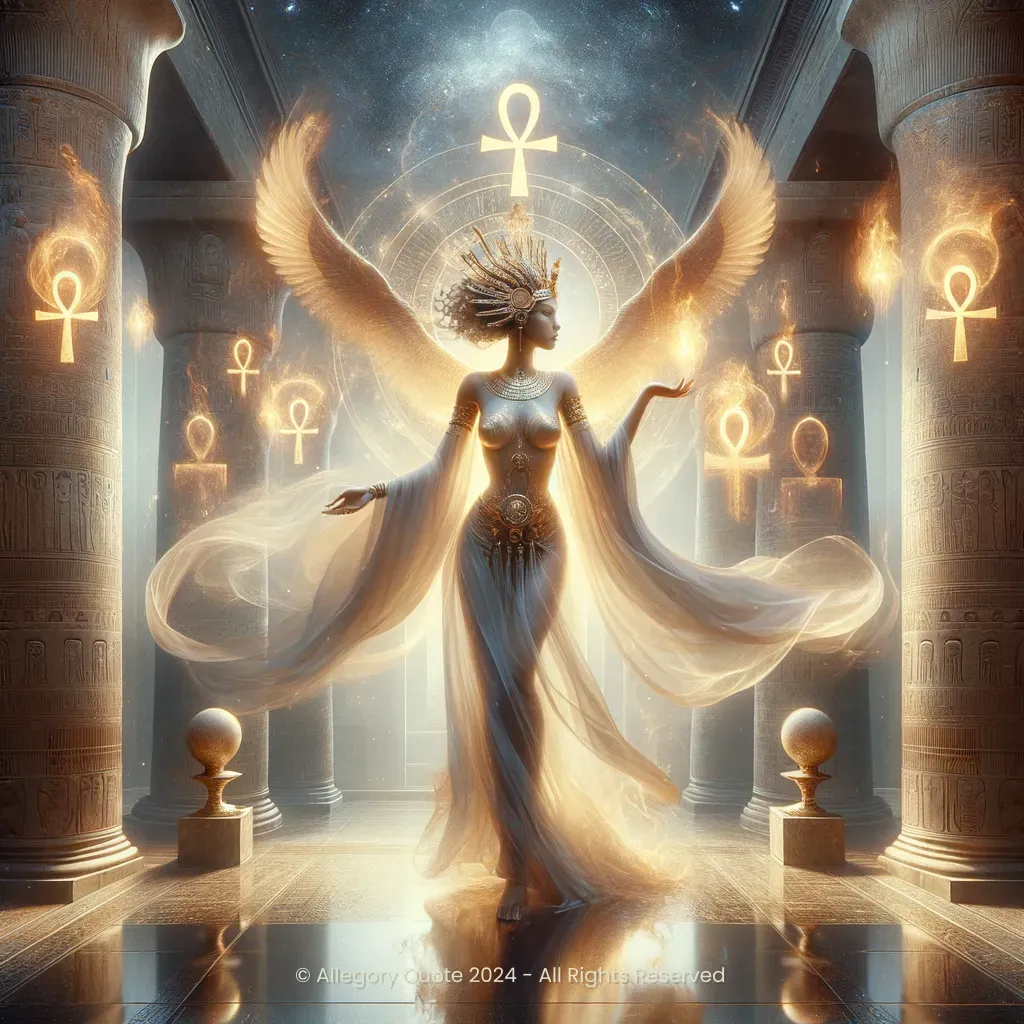
0
0
0
0
- Meaning
- This phrase captures Cleopatra’s yearning for a transcendence that goes beyond mere mortal existence. As she prepares for her own death, Cleopatra desires to assume her royal dignity once more, signifying her control, majesty, and ultimate refusal to be humiliated by her captors. The plea for her robe and crown symbolizes a final, defiant assertion of her identity and power as the Queen of Egypt. Her "immortal longings" refer to her anticipation of joining her beloved Antony in the afterlife, thus immortalizing their love and legacy beyond the reach of earthly travails.
- Allegory
- In this image, the regal figure symbolizes Cleopatra, exuding a sense of majesty and dignity with her robe and crown. The ancient Egyptian architecture enhances the historical authenticity and grandeur associated with her reign. The ethereal elements, including glowing light and shimmering veils, represent the mystical allure of the afterlife that Cleopatra yearns for. Symbols like the ankh, representing life and immortality, and golden flames heighten the themes of eternal love and undying ambition. The background transition from a palace to a starry heaven underscores the passage from the mortal world to the immortal, encapsulating Cleopatra's acceptance of death and anticipation of a transcendent union with Antony. This visual journey conveys the deep and abiding "immortal longings" Cleopatra expresses in Shakespeare's poignant line.
- Applicability
- This quote highlights the importance of dignity and self-possession even in the face of adversity and impending death. On a personal level, it can inspire individuals to confront their challenges with grace and to hold onto their true selves even when circumstances threaten to strip them of their identity. In everyday situations, it reminds us to cherish our values and integrity, to express our innate desires candidly, and to pursue what we passionately believe in.
- Impact
- This phrase has deeply influenced literary and cultural interpretations of Cleopatra as both a tragic heroine and a powerful monarch. It has been referenced in various adaptations of "Antony and Cleopatra" in theater and film, often underscoring themes of royal dignity, passionate love, and the enduring human quest for immortality. By embodying both personal tragedy and grandeur, this line continues to resonate in discussions of Shakespeare's exploration of the human condition and the timeless allure of ill-fated love stories.
- Historical Context
- Shakespeare wrote "Antony and Cleopatra" around 1606-1607 during the Jacobean era. This was a time of heightened interest in classical antiquity and a period when the themes of power, politics, and personal ambition resonated deeply within the society. The play itself reflects the complex interplay of love, politics, and the consequences of empire, echoing the turbulent dynamics of the early 17th century England under King James I.
- Criticisms
- Some critics argue that Cleopatra’s dramatic final invocation of her royal persona can be seen as an over-romanticization of power and can perpetuate ideals of nobility that are divorced from the reality of political machinations. Others might interpret it as an escapist fantasy, ignoring the brutalities and responsibilities of leadership. Nonetheless, these criticisms often underscore the inherent complexities and multifaceted nature of Cleopatra’s character as portrayed by Shakespeare.
- Variations
- There are no widely-known variations of this phrase, although its thematic elements—dignity in the face of death, a yearning for immortality—are universal. In different cultural contexts, similar sentiments are expressed with nuanced differences regarding the perception of death, honor, and the afterlife. For instance, in Eastern philosophies, the acceptance of death is often linked with spiritual transcendence and enlightenment rather than a longing for preservation of earthly legacies.
-
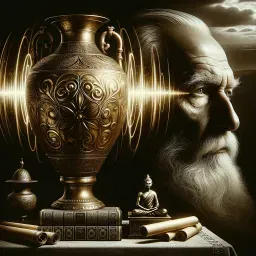
The empty vessel makes the loudest sound.
-
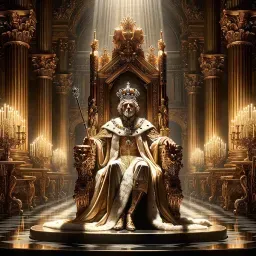
Uneasy lies the head that wears a crown.
-
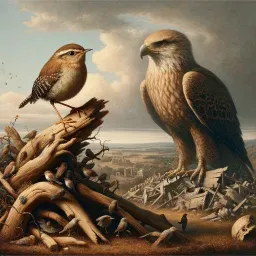
The world is grown so bad, that wrens make prey where eagles dare not perch.
-
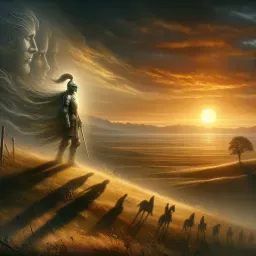
A man can die but once.
-

I will wear my heart upon my sleeve for daws to peck at.
-

The devil can cite Scripture for his purpose.
-

When we are born, we cry that we are come to this great stage of fools.
-

The robbed that smiles, steals something from the thief.
-
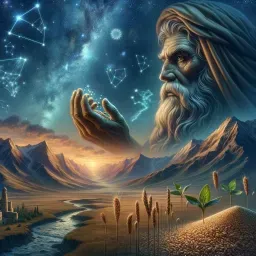
If you can look into the seeds of time, and say which grain will grow and which will not, speak then to me.
-

As merry as the day is long.
No Comments